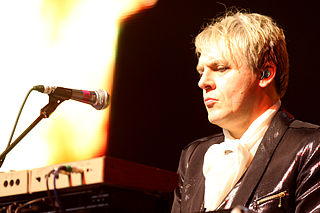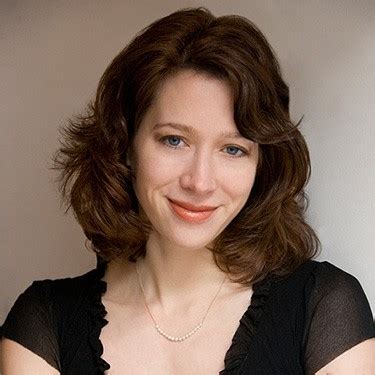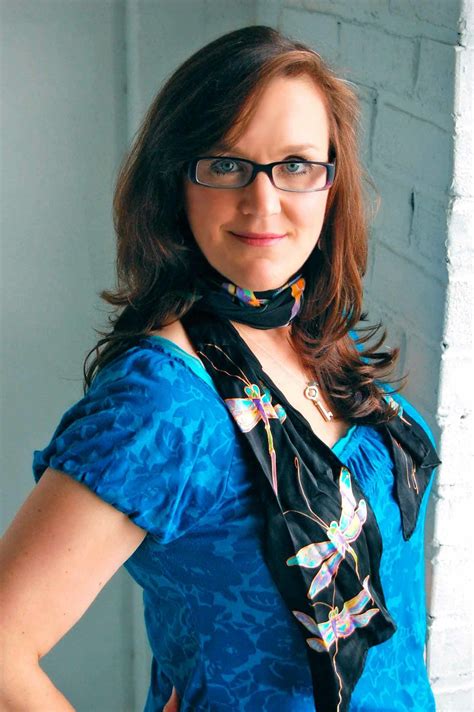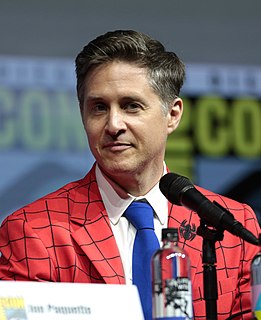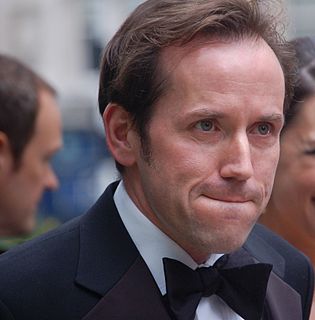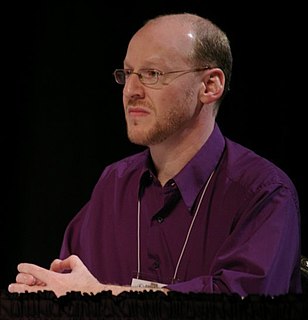A Quote by Alan Lightman
I have always loved magic realism as a form of writing. I have also been fascinated for a long time with the intersection of science and religion.
Related Quotes
As religion is now practiced and science is now practiced, there is no intersection between the two. That is for certain. And it’s not for want of trying. Over the centuries, many people—theologians as well scientists - have tried to explore points of intersection. And anytime anyone has declared that harmony has risen up, it is the consequence of religion acquiescing to scientific discovery. In every single case.
One of the things that always fascinated me about the Renaissance was that it was a time both of great scientific discovery and also of superstition and belief in magic. And so it was a period in which Galileo invented the telescope, but also a time when hundreds were burned at the stake because people thought they were witches.
I have for a long time loved fabulist, imaginative fiction, such as the writing of Italo Calvino, Jose Saramago, Michael Bulgakov, and Salman Rushdie. I also like the magic realist writers, such as Borges and Marquez, and feel that interesting truths can be learned about our world by exploring highly distorted worlds.
There is some confusion as to what magic actually is. I think this can be cleared up if you just look at the very earliest descriptions of magic. Magic in its earliest form is often referred to as “the art”. I believe this is completely literal. I believe that magic is art and that art, whether it be writing, music, sculpture, or any other form is literally magic.
Science was always a passion, but I also loved 'Monty Python' and 'The Young Ones,' and I discovered the Footlights comedy club at university, where a lot of those people got their start. I had a go and loved it immediately. After that, I just couldn't stop writing sketches, and it all took off from there.
My interests drew me in different directions. On the one hand I was powerfully attracted by science, with its truths based on facts; on the other hand I was fascinated by everything to do with comparative religion. [...] In science I missed the factor of meaning; and in religion, that of empiricism.

